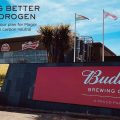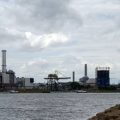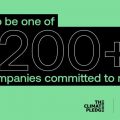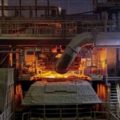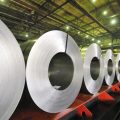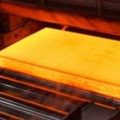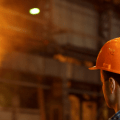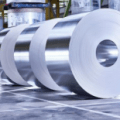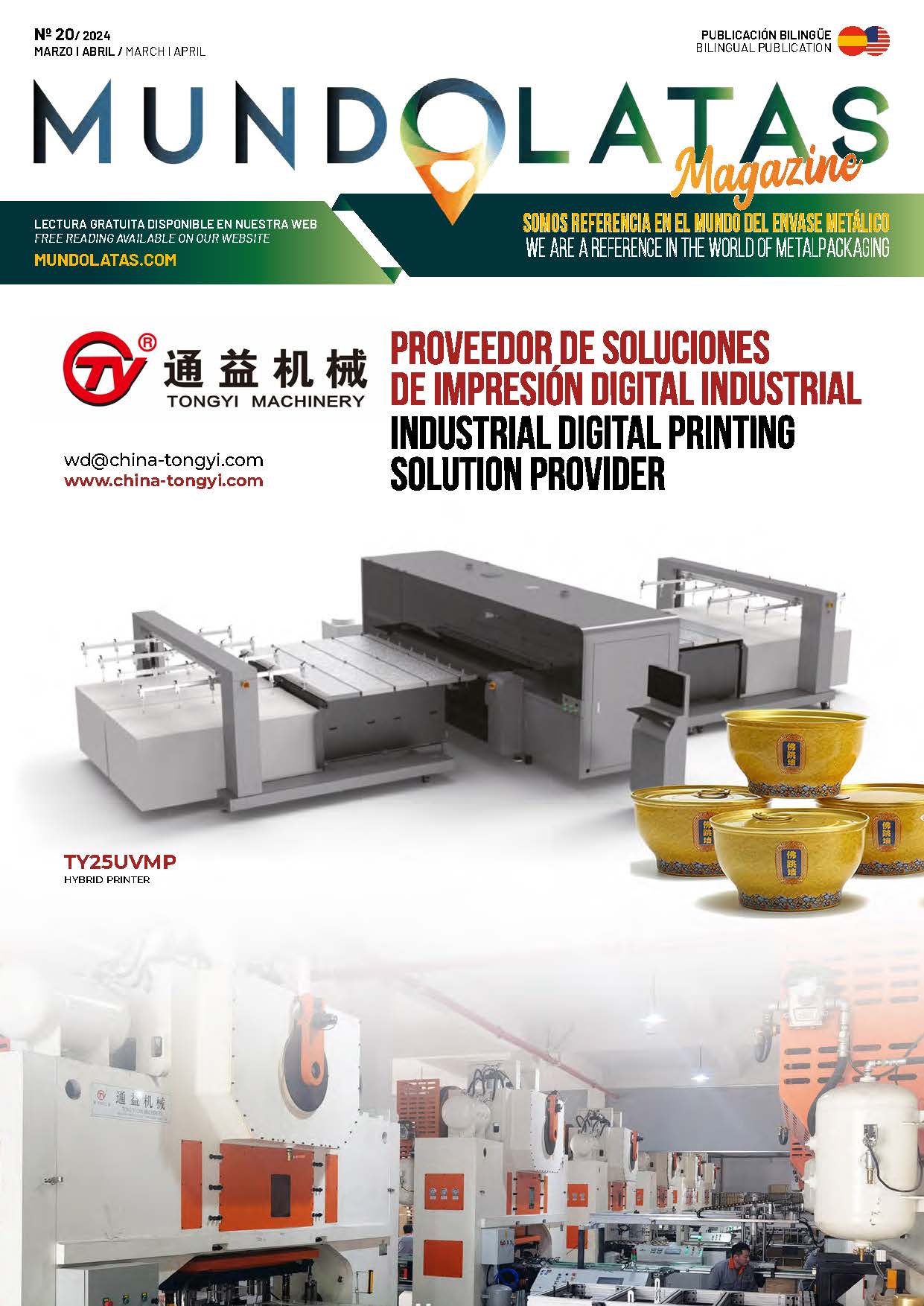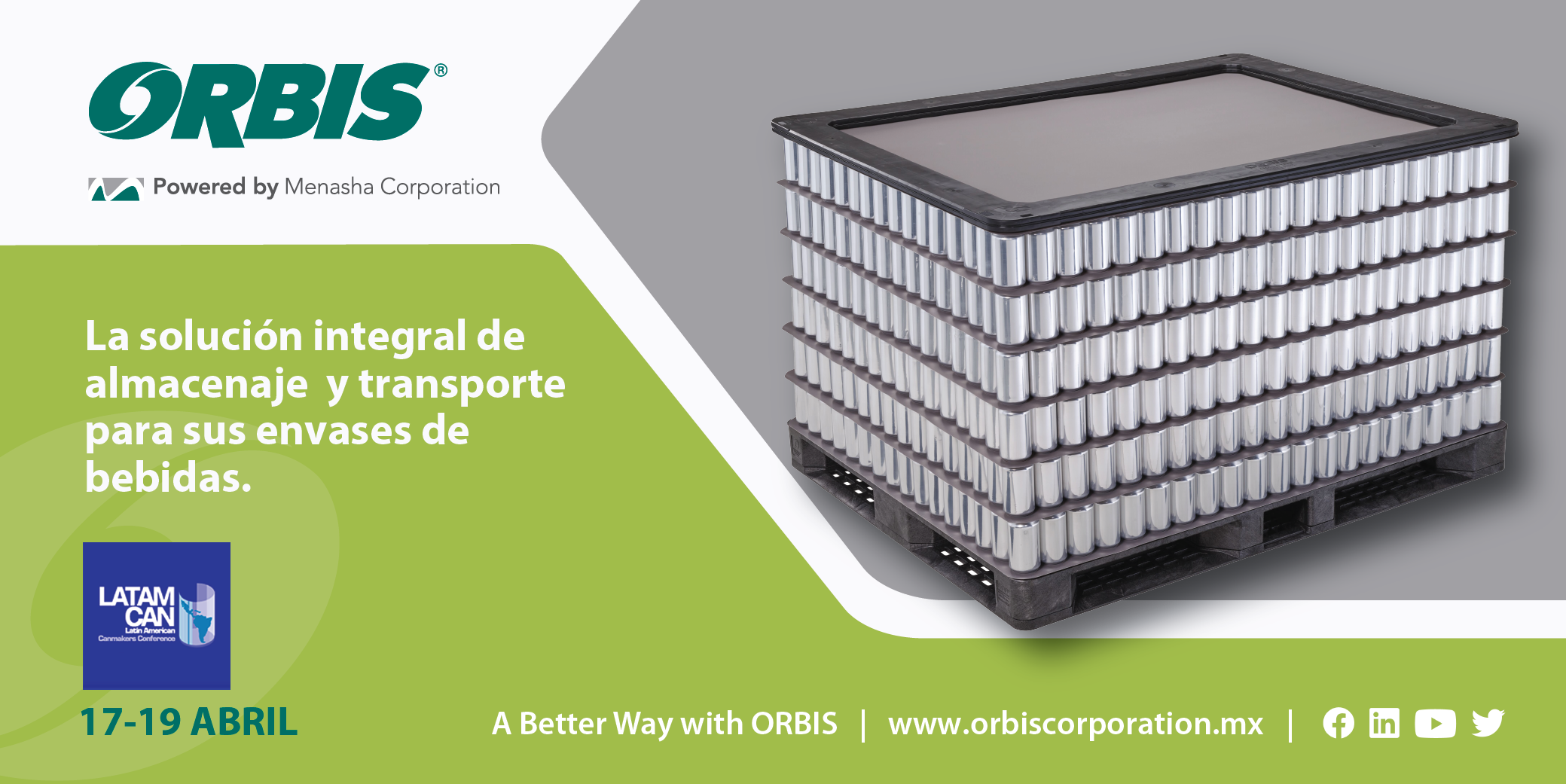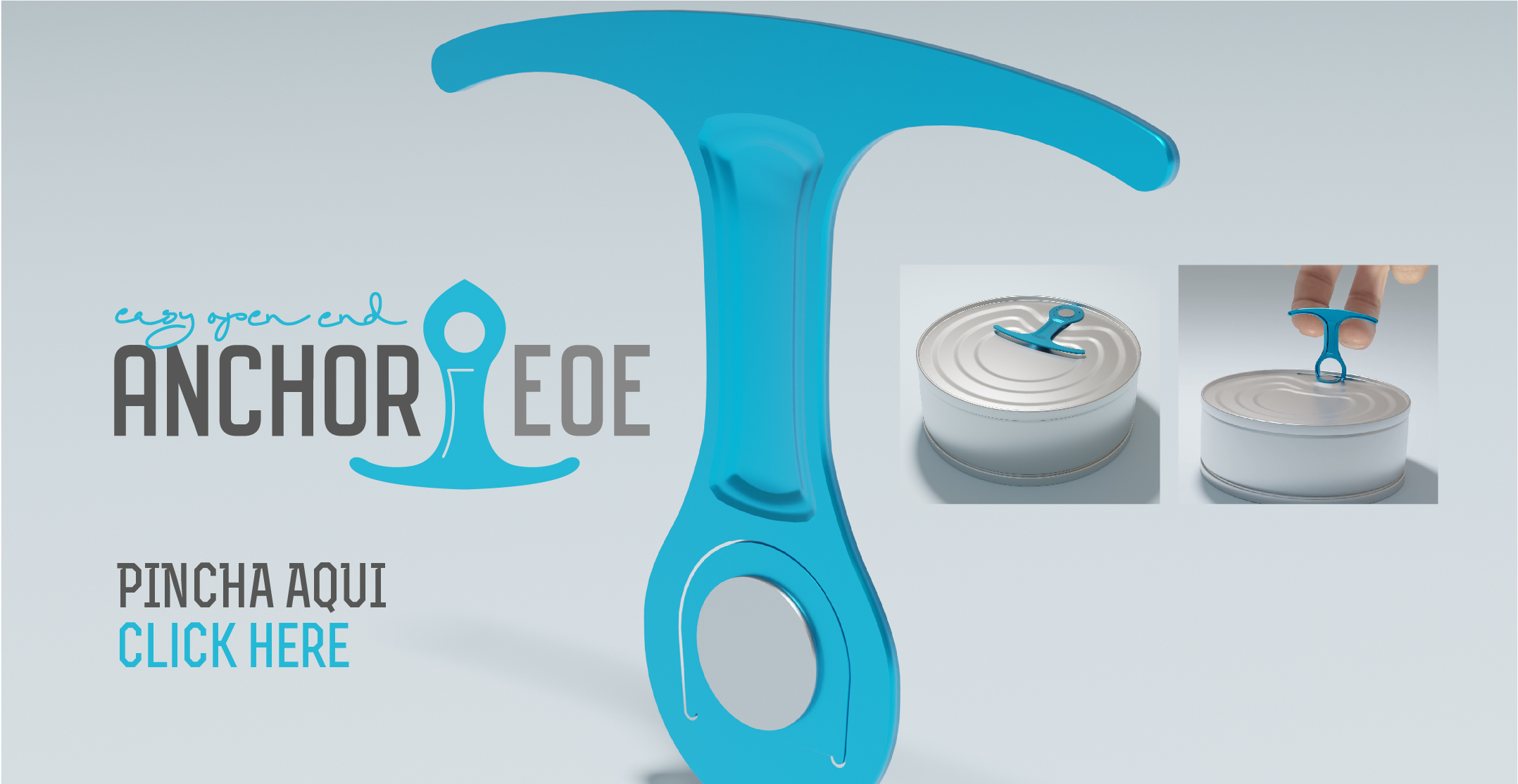Thyssenkrupp Steel, German producer of steel for top quality and precision packaging, joins the group of companies developing sustainable actions that slow down climate change. By 2030, the German company aims to reduce carbon dioxide (CO2) emissions in steel production by 30%.
By 2050 it would produce exclusively “green steel”. There are several actions planned:
Avoid CO2 by using hydrogen (Carbon Direct Avoidance) and transform CO2 into valuable chemicals (Carbon Capture and Utilization). This climate-neutral steel will not only be used in automobiles and machinery, but will also form part of a new steel for environmentally friendly packaging. “With climate-neutral packaging steel, we are planning to offer an innovative product for a sustainable future, always with the highest quality. In this way, we are giving our customers the opportunity to distinguish themselves even more from their competitors in the eyes of consumers with a packaging made of climate-neutral, first-class material. At the same time, we want to set a precedent for the industry and pave the way for climate-neutral packaging with innovative solutions,” said Peter Biele, CEO of Thyssenkrupp Rasselstein GmbH.
HYDROGEN INSTEAD OF CARBON THE PRODUCTION OF STEEL IN GREEN It was in 2018 that Thyssenkrupp Steel began the transformation towards future climate-neutral steel production. A hybrid approach is pursued: avoiding and at the same time using CO2.
According to a press release from the German steel producer, to avoid this, “direct abatement systems can be set up with melting units that operate with environmentally friendly hydrogen instead of coal and will considerably reduce CO2 emissions. Simultaneously, Thyssenkrupp Steel will use the Carbon2Chem® technology developed in cooperation with its partners. This technology allows CO2 emissions to be captured and processed into basic chemicals, valuable to the chemical industry, such as methanol and ammonia.
There is a growing demand for products that are environmentally friendly. Biele therefore says that green packaging steel is of particular interest to its customers, as more and more European consumers are opting for recyclable and environmentally friendly packaging, and are prepared to pay more for packaging if it offers a better ecological balance. “In terms of recyclability, tinplate is already unbeatable, the material can be reused almost infinitely. Tinplate is a permanent material in a closed cycle.
Packaging steel is easy to recover due to its magnetic qualities, and to reuse as packaging material. It is nearly one hundred percent recyclable, almost infinitely and in many cases without under-recycling, i.e. without reducing its quality”.
Thyssenkrupp Rasselstein GmbH is one of the world’s leading producers of steel for top quality and precision packaging. At its location in Andernach, Germany, the largest production site of its kind in the world, around 1.5 million tonnes of packaging steel are produced annually. “Our 2,400 employees serve some 400 customers in a multitude of markets in 80 countries, from producers of cans for food and animal feed, through manufacturers of beverage or aerosol cans, or containers for technical chemical packaging products, to crown and screw caps.”


